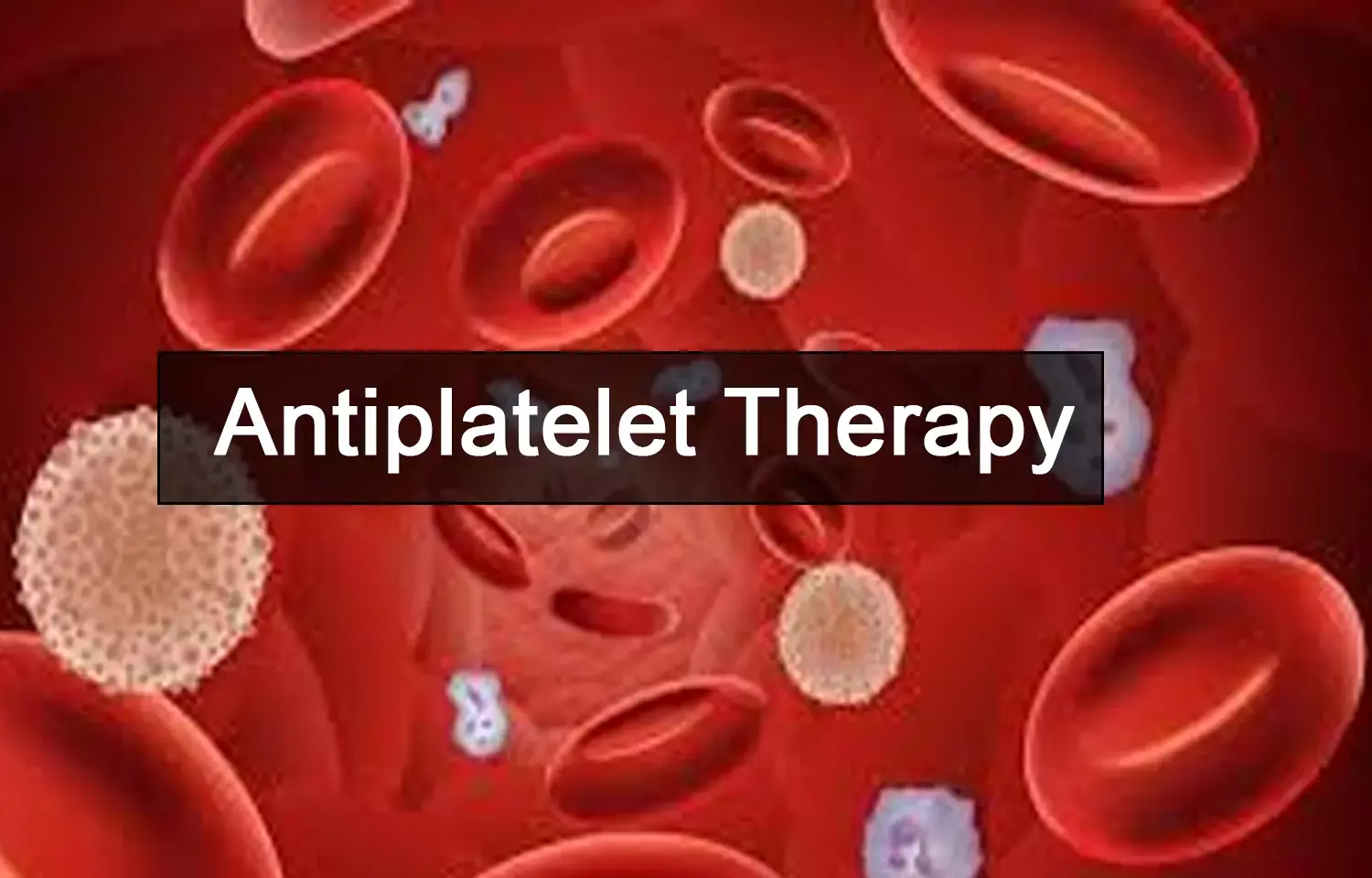- Home
- Medical news & Guidelines
- Anesthesiology
- Cardiology and CTVS
- Critical Care
- Dentistry
- Dermatology
- Diabetes and Endocrinology
- ENT
- Gastroenterology
- Medicine
- Nephrology
- Neurology
- Obstretics-Gynaecology
- Oncology
- Ophthalmology
- Orthopaedics
- Pediatrics-Neonatology
- Psychiatry
- Pulmonology
- Radiology
- Surgery
- Urology
- Laboratory Medicine
- Diet
- Nursing
- Paramedical
- Physiotherapy
- Health news
- Fact Check
- Bone Health Fact Check
- Brain Health Fact Check
- Cancer Related Fact Check
- Child Care Fact Check
- Dental and oral health fact check
- Diabetes and metabolic health fact check
- Diet and Nutrition Fact Check
- Eye and ENT Care Fact Check
- Fitness fact check
- Gut health fact check
- Heart health fact check
- Kidney health fact check
- Medical education fact check
- Men's health fact check
- Respiratory fact check
- Skin and hair care fact check
- Vaccine and Immunization fact check
- Women's health fact check
- AYUSH
- State News
- Andaman and Nicobar Islands
- Andhra Pradesh
- Arunachal Pradesh
- Assam
- Bihar
- Chandigarh
- Chattisgarh
- Dadra and Nagar Haveli
- Daman and Diu
- Delhi
- Goa
- Gujarat
- Haryana
- Himachal Pradesh
- Jammu & Kashmir
- Jharkhand
- Karnataka
- Kerala
- Ladakh
- Lakshadweep
- Madhya Pradesh
- Maharashtra
- Manipur
- Meghalaya
- Mizoram
- Nagaland
- Odisha
- Puducherry
- Punjab
- Rajasthan
- Sikkim
- Tamil Nadu
- Telangana
- Tripura
- Uttar Pradesh
- Uttrakhand
- West Bengal
- Medical Education
- Industry
Antiplatelet therapy-induced GI injury occurs even in patients at low bleeding risk: JACC

China: Results from a double-blind, randomized OPT-PEACE trial showed that almost all patients (at low bleeding risk) who received antiplatelet therapy developed a gastrointestinal injury, although overt bleeding was infrequent. Further, it was found that dual antiplatelet therapy (DAPT) followed by single antiplatelet therapy (SAPT) versus continued DAPT resulted in less GI injury and clinical bleeding. The effects of different antiplatelet regimens were assessed using a magnetically-controlled capsule endoscopy system.
The findings of the study were presented at TCT 2021, the 33rd annual scientific symposium of the Cardiovascular Research Foundation (CRF), and subsequently published in the Journal of the American College of Cardiology.
Gastrointestinal (GI) bleeding is a common major complication of antiplatelet therapy. However, in patients at low bleeding risk, clinically overt gastrointestinal bleeding is relatively uncommon.
Yaling Han, General Hospital of Northern Theater Command, Shenyang, China, and colleagues aimed to assess the effects of different antiplatelet regimens on gastrointestinal mucosal injury in patients at low bleeding risk using a novel magnetically-controlled capsule endoscopy system.
The study included 505 patients undergoing percutaneous coronary intervention (PCI) in whom capsule endoscopy showed no ulcerations or bleeding (although erosions were permitted). Following 6 months of dual antiplatelet therapy (DAPT), the patients were randomly assigned to aspirin plus placebo (n=168), clopidogrel plus placebo (n=169), or aspirin plus clopidogrel (n=168) for an additional 6 months.
The primary endpoint was the incidence of gastrointestinal mucosal injury (erosions, ulceration, or bleeding) at 6-month or 12-month capsule endoscopy.
Following were the study's key findings:
- Gastrointestinal mucosal injury through 12 months was less with single antiplatelet therapy (SAPT) compared with DAPT (94.3% vs. 99.2%).
- Aspirin and clopidogrel monotherapy had similar effects.
- Among 68 patients without any gastrointestinal injury at randomization (including no erosions), SAPT compared with DAPT caused less gastrointestinal injury (68.1% vs. 95.2%), including fewer new ulcers (8.5% vs. 38.1%).
- Clinical gastrointestinal bleeding between 6 and 12 months was less with SAPT compared with DAPT (0.6% vs. 5.4%).
"Our findings showed that nearly all patients receiving antiplatelet therapy developed gastrointestinal injury despite being at low risk of bleeding, although overt bleeding was infrequent," wrote the authors.
"DAPT for 6 months followed by SAPT with aspirin or clopidogrel between 6 and 12 months resulted in less gastrointestinal mucosal injury and clinical bleeding compared with DAPT through 12 months."
Reference:
The study titled, "Magnetically-controlled Capsule Endoscopy for Assessment of Antiplatelet Therapy-induced Gastrointestinal Injury," was published in the Journal of the American College of Cardiology.
Dr Kamal Kant Kohli-MBBS, DTCD- a chest specialist with more than 30 years of practice and a flair for writing clinical articles, Dr Kamal Kant Kohli joined Medical Dialogues as a Chief Editor of Medical News. Besides writing articles, as an editor, he proofreads and verifies all the medical content published on Medical Dialogues including those coming from journals, studies,medical conferences,guidelines etc. Email: drkohli@medicaldialogues.in. Contact no. 011-43720751


